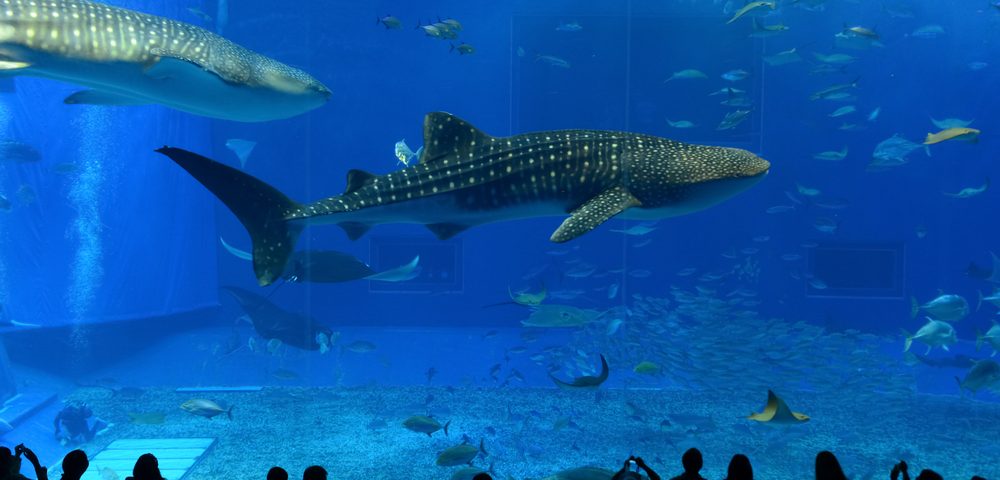A portable electroencephalogram recorder, a sound-based seizure detection system, and a device that can predict seizures have won the Epilepsy Foundation’s Shark Tank Competition for epilepsy innovations.
The winners will share $200,000 that can help them get their ideas to the marketplace to serve people with epilepsy. The three are:
- Dr. Jonas Dunn-Henriksen – for a portable, ultra-long-term electroencephalogram (EEG) recorder. The project won $75,000 and the Shark competition audience’s vote for the People’s Choice Award. An EEG detects abnormal brain waves associated with epilepsy.
- Dr. Maysaa Basha – for the Sound of Seizures, an audio-triggered seizure detection system. The project won $75,000.
- Drs. Paula Gomez and Hilda A. Cerdeira – for an epileptic seizure prediction device. They won $50,000. Gomez and Cerdeira had teamed up before, reaching the finals of the Shark Tank 2015 competition.
Three competition finalists also won $5,000 each.
The Epilepsy Foundation announced the winners and finalists at the Antiepileptic Drug and Device (AEDD) Trials XIV Conference in Miami in May.
“The Shark Tank competition is always an exciting segment at the AEDD conference, and this year was no exception,” Kathleen Farrell, the Epilepsy Foundation’s senior program manager for clinical research, said in a press release. “We saw six innovators from around the world present their ideas to our Shark Tank panel of judges and the audience.”
The competition’s judges, known as Sharks, represent industry, physicians, researchers and parents of epilepsy patients.
The 2017 Sharks included Dr. Emilio Perucco, a professor at the University of Pavia in Italy; Dr. Nathan Fountain, a professor at the University of Virginia; Hetty Weinstein, the parent of an epilepsy patient; Nancy Santilli, the global managing director of Humane Care Systems; and Tom Stanton, executive director of the Danny Did Foundation.
Twenty competitors, either individuals or teams, entered this year’s competition. They were from the United States and other seven countries.
“We are ready to put in the work to move this project forward with the ultimate goal of improving quality of life of patients with seizures and their caregivers through improved seizure detection,” Basha said.
“The prize will allow us to develop specific applications that can benefit the patients and their caregivers,” Duun-Henriksen said. “We look forward to bringing the 24/7 EEG SubQ to the market within the next year and to starting collaborative investigations with the eminent scientists of the society.”
“Winning the Shark Tank Award is an honor, a recognition of our hard work and how our project can help people with epilepsy,” Gomez and Cerdeira said in a joint statement. “We thank the Epilepsy Foundation. The prize will help us with clinical trials, and with recognition among investors.”
The Shark Tank finalists who received $5,000 each were:
- Dr. Robert Yao – for the EpiFinder, a tool that can help with epilepsy diagnoses.
- John R. Terry and Dr. Wessel Woldman – for the BioEp, a diagnostic tool for epilepsy that doesn’t require seizure observation.
- Dr. Heidi Grabenstatter – for the “Neurology Patient Initiative: Patient-Driven Open Innovation.”
Shark Tank 2018 will be at the Epilepsy Foundation Pipeline Conference in San Francisco. Those interested in competing next year can begin submitting their applications on July 28, 2017.


